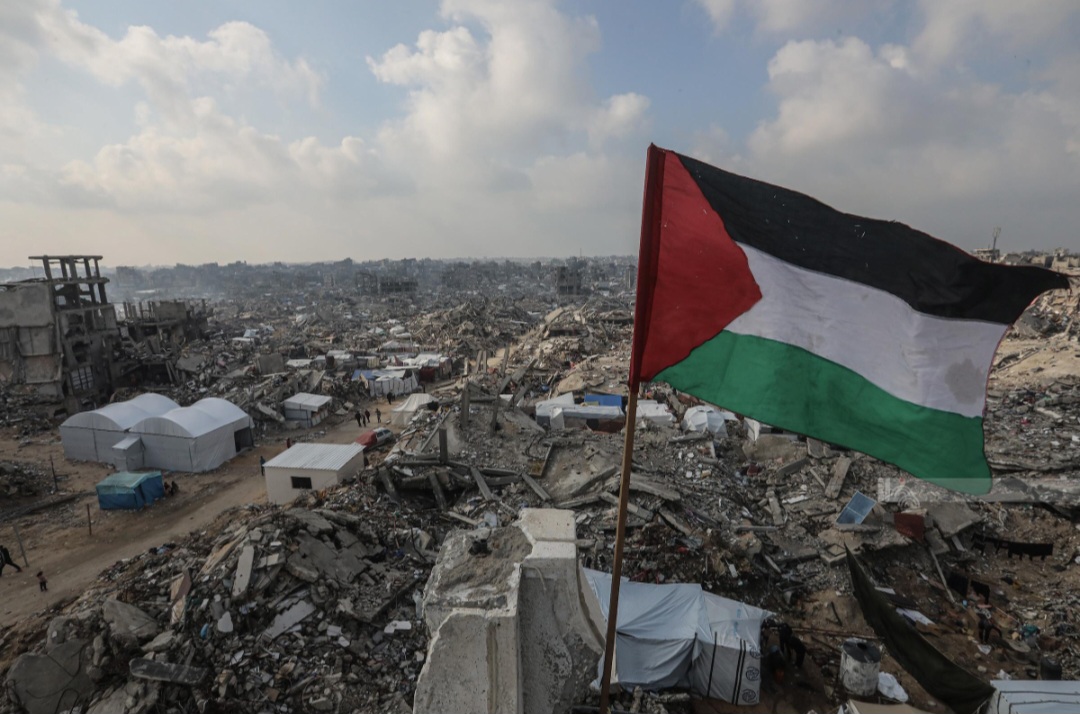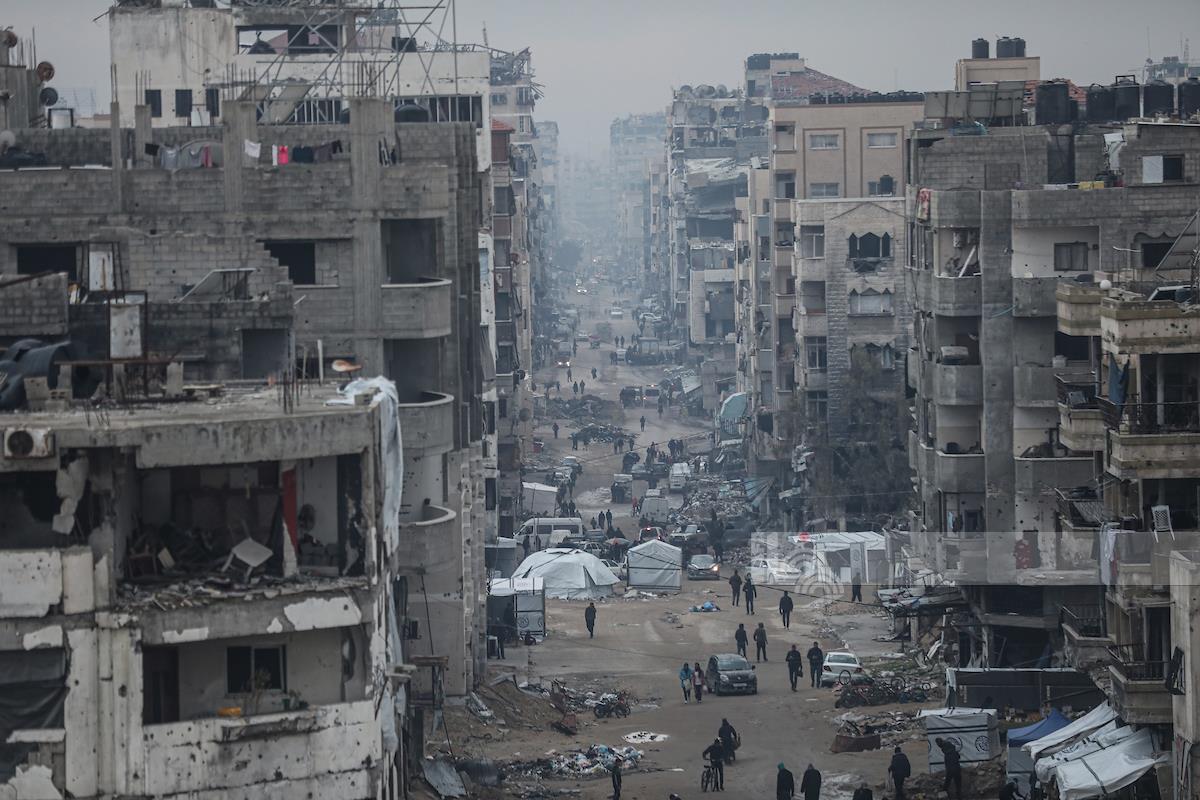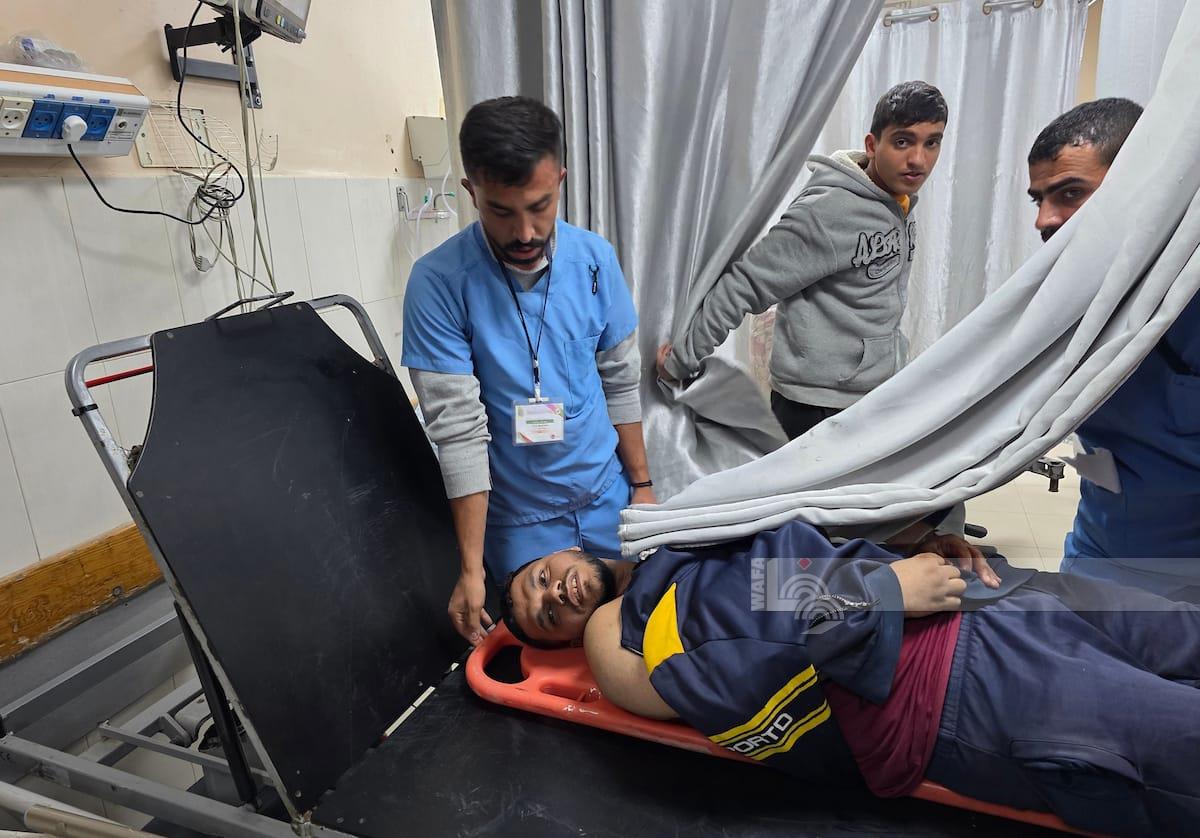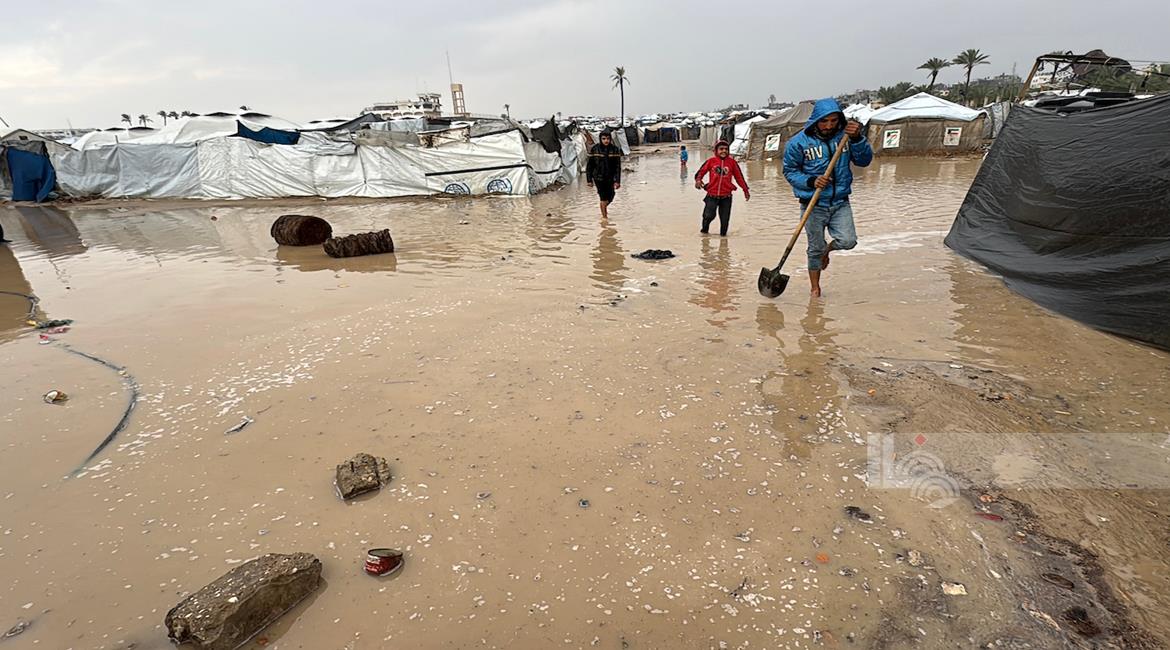By Hussein Nadhir Senwar
GAZA, October 17, 2025 (WAFA) -- Even after the ceasefire came into effect in the Gaza Strip, following two years of relentless Israeli bombardment, life remains unbearably harsh for the people of Gaza.
The majority of residents are still displaced, struggling to survive amid a crippled economy, deepening poverty, and acute shortages of food, clean water, and basic necessities. The constant fear of renewed aggression hangs heavily in the air, making recovery and stability seem like distant dreams.
The war left behind not just ruins, but a society stripped of its livelihood. Most Gazans lost their sources of income—whether through businesses, agriculture, or daily labor. The destruction spared nothing, turning once-vibrant communities into shells of survival. Now, families face hunger and deprivation, unable to provide food, clothing, or even a sense of safety for their children—bare minimums of a dignified life.
Across every tent, alley, and makeshift shelter in Gaza, the echo of poverty is unmistakable. Parents skip meals so their children can eat. Others depend on charitable kitchens and aid distributions for a single daily meal. New clothes have become a luxury—many wear the same tattered garments for years, ill-suited for either the cold of winter or the heat of summer.
Ayham Al-Amour, a displaced resident, fears the current hardship will last indefinitely. “Even though the war has stopped, prices are still soaring,” he says. “Basic food items are beyond the reach of most families, especially with unemployment so high and no real job opportunities.”
According to Al-Amour, Israeli occupation authorities continue to restrict the entry of essential food items into Gaza, allowing only limited goods such as instant noodles and coffee mixes, while banning fresh vegetables, fruits, poultry, eggs, and red meat. “People desperately need these foods,” he adds. “After years of hunger and malnutrition, we need vitamins and nutrients to rebuild our strength.”
Ghassan Elewa, another resident, explains that the lack of fresh produce has forced people to rely heavily on canned and processed foods, which are harmful in the long run. “Legumes and rice now dominate Gaza’s dining tables,” he says. “The absence of fresh vegetables and meat has weakened people’s immunity, especially among children and pregnant women.”
Raed Al-Arja, a father of four, notes that most displaced families now depend on communal kitchens for their meals. “These kitchens serve the same few dishes several times a week,” he says. “We’re grateful, but the repetitive and limited diet has taken a toll on people’s health. Many are showing signs of fatigue and malnutrition.”
Al-Arja adds that the prices of fruits and vegetables, when available, are extremely high. “Parents are afraid to take their children to the market because they can’t afford to buy what they ask for,” he says. “Even when you manage to buy something, you pay double because of fluctuating currency rates and arbitrary pricing. It’s an economic war on top of the physical one.”
The United Nations Relief and Works Agency (UNRWA) recently warned that nearly all agricultural land in Gaza has been destroyed or rendered inaccessible. Families who once lived off their farms have lost their only source of income.
UNRWA estimates that 88% of Gaza’s farmland has been destroyed, leaving the territory dependent on imports for basic produce in the near future.
Volker Türk, the UN High Commissioner for Human Rights, emphasized that human rights must be at the center of Gaza’s recovery efforts, urging immediate restoration of access to food, water, shelter, and healthcare. He also reiterated the need for genuine political steps toward a two-state solution and the realization of the Palestinian people’s right to self-determination.
The World Food Programme (WFP) meanwhile reported that due to the closure of main crossings, food distribution in Gaza City has not yet begun, with only limited supplies reaching the area.
According to medical sources in Gaza, the Israeli assault that began on October 7, 2023, has so far claimed 67,967 lives and left 170,179 injured, leaving a devastated population struggling to rebuild amid the ruins.
M.N













